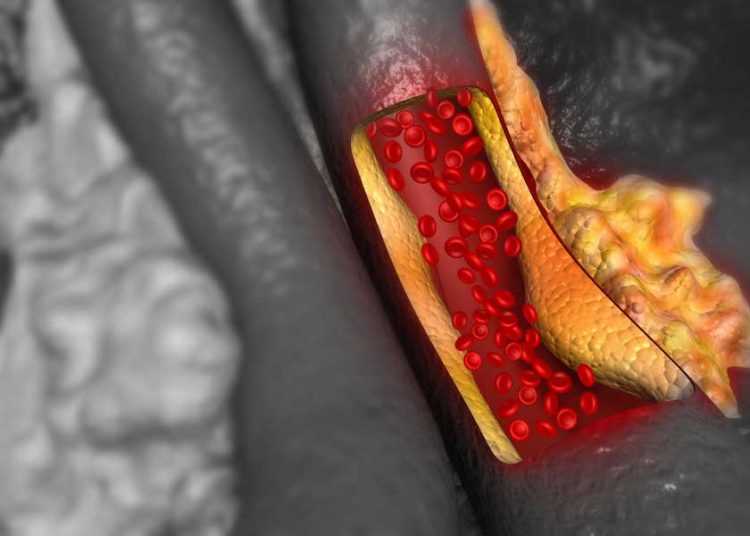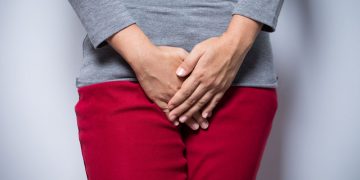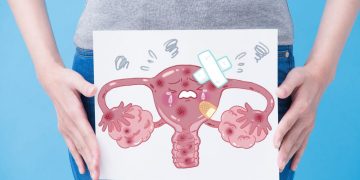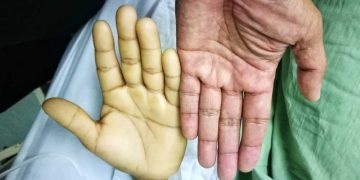Having high levels of cholesterol in your body is similar to having unwanted sludge stuck in your water pipes. Substitute your arteries in place of pipes. Once the sludge goes beyond a certain limit it can cost your life. To keep your arteries from being all gummed up, you need to reduce the cholesterol levels in your body. If you are diagnosed with high cholesterol levels in your blood then read on.
Why do you have high cholesterol in your body?
If you are diagnosed with abnormal levels of cholesterol in your blood, then there is something very serious taking place in your arteries, slowly but steadily. It means the amount of fatty substances circulating in your bloodstream is on the rise. To be more precise, you have high levels of LDL type of cholesterol in your body. LDL stands for Low-density lipoproteins, it is something that blocks your arteries and increases your risk for heart attack and stroke.
There is another type of cholesterol called HDL or High-density lipoproteins, which acts like a garbage truck transporting the harmful LDL from the bloodstream to the liver for disposal out of the system.
You should have guessed it by now, the trick to reducing LDL levels in your body is through increasing the levels of HDL. Studies have suggested that every 1 percent increase in your HDL, your risk for heart attack drops by nearly 3 percent.
Let us look into some simple and straight forward ways to reduce your LDL levels.
So no to saturated fats
Eliminate as much as saturated fats from your diet as possible. This means saying no to ground beef, and switching to leaner cuts of meats and opting for low-fat versions of dairy products such as cheese, milk, yogurt, butter, etc…
No more palm oil and coconut oils
Both palm oil and coconut oils contain high levels of saturated fats. Try to avoid the foods cooked with these oils completely. There are many processed foods that are cooked with these oils, so please read the label carefully before consuming any packaged food.
So no to trans fat
Trans fat is as bad as saturated fat for your arteries. Trans fat is found in foodstuffs such as store-bought cakes, cookies, chips, and most bakery and packaged foods are full of trans fat.
Trans fat is created when hydrogen is added to vegetable oils. Look for the word “hydrogenated” in any packaged foods you buy. In United States, it is made mandatory to list trans fats on package labels since 2006.
Eat more Fresh fruits, vegetables, and whole grains
Eating more fresh fruits, vegetables, and whole grains will make you feel full in less time. It helps you to cut down the intake of other fatty foods. Apart from being low on fat, and free from cholesterol, plant-based foods are rich in cholesterol-lowering fibers, high-quality vitamins, and antioxidants. All of these properties will help a lot to bring down the levels of LDL in your body.
Introduce olive oil into your diet
There are plenty of scientific studies that point out LDL lowering property in olive oil. It not only lowers the LDL type cholesterol, but it also increases the level of HDL in your body. One study, in particular, had demonstrated people who consume 2 tablespoons of olive oil a day, lowered their LDL levels within a week.
You can introduce olive oil into your salads, or add it in place of margarine, and you can also use it for sautéing.
Substitute nuts for snacks
Although nuts are packed with fats, they are unsaturated ones. Not to forget nuts are loaded with omega-3 fatty acids. If you are looking to substitute snacks with nuts, then walnuts and almonds are the two best options. They both are particularly good at lowering LDL.
Nuts are loaded with calories, so do not take it along with other snacks and a shot glass full of nuts would be just enough for the day.
Consume Avocado every day
Have an avocado a day and keep the cholesterol away. Yes, it is true. Avocado has been found to reduce the levels of LDL by as much as 17 percent within a month when you consume it every day. Just like nuts avocados are rich in fats, but they are of the unsaturated type and it is good for your health.
Eat Peanut Butter
It might sound strange but peanut butter is loaded with unsaturated fats. Yes, it is high in calories, but the portion makes all the difference. Consume two to three tablespoons of peanut butter every day. You can have it along with wheat bread as breakfast.
Substitute meat with fish
Fish is more than just a substitute for meat. Fish is rich in omega-3 fatty acids, and it is very effective at lowering LDL type cholesterol. Fresh fishes are a great option if you can source it. However, you can opt for the canned fishes if fresh ones are hard to come by in your place.
If you do not like eating fish every day, you can try taking a fish-oil supplement that contains EPA and DHA type omega-3 fatty acids. Take 1000 milligrams of the supplement two times a day.
Flaxseeds and flaxseed oil
Just like fish oil, flaxseed oil is a great source of omega-3 fatty acids. Consume one tablespoon of flaxseed oil every day or grind flax seeds into a powder form and add it to your yogurt or cereals. Two tablespoons of ground flaxseeds every day can cut your LDL levels by up to 18 percent.
Oatmeal breakfast
Oatmeal is rich in a type of a fiber called fat-soluble fiber. This type of fiver will form into a gel-like substance in the intestines and reduce the level of fat absorbed by the body. Having 1 or 2 cups of oatmeal a day will reduce nearly 12 to 24 percent LDL. Opt for old fashioned oats over instant varieties.
Other excellent sources of soluble fiber are prunes, barley, beans, eggplant, and okra. Try to include these foods regularly in your diet.
Drink orange juice
That’s right, drink freshly extracted orange juice three times a day. A study has shown, people who consumed three glasses of freshly extracted orange juice every day for one month has increased their levels of HDL by 21 percent and in the process reduced their LDL by nearly 16 percent.
Get active and start moving
Get at least 30 minutes of exercise in some form. It can be a brisk walk, jogging, running, riding a bike, yoga session, or whatever form of exercise that’s more compelling for you. Exercises not only reduces your LDL levels while increasing the HDL. It also lowers your risk of diabetes, and high blood pressure. Both of which are independent risk factors for heart disease and heart attack.
Should or Should you not consume Niacin or Vitamin-B
Vitamin-B is well known to reduce the levels of LDL while increasing HDL. However, it is highly recommended that you consume Niacin or Vitamin-B with Doctor’s advice while regularly monitoring its levels. Because the amount niacin needed to produce any substantial result is very high while often include many harmful side effects, which includes the risk of liver damage.
Garlic Cloves
Garlic contains a chemical compound called allicin which is known for its cholesterol-lowering effect. Consume two to three cloves of fresh raw garlic every day before or after food. If you find the taste to be unpleasant then try to take it in supplement form. Doctors recommend taking at least 10 milligrams worth of allicin supplement a day.
Ginger capsules
Many studies suggest a certain type of chemical compounds present in ginger will help to reduce the absorption of cholesterol and also reduce the LDL. Doctors recommend taking 100 to 200 milligrams worth of ginger supplement every day in three to four divided doses.








